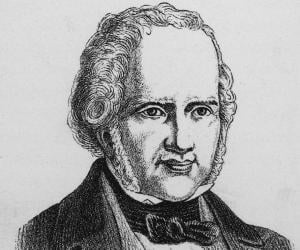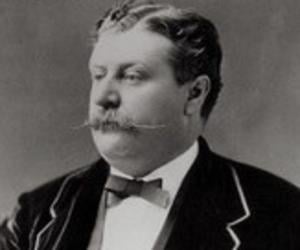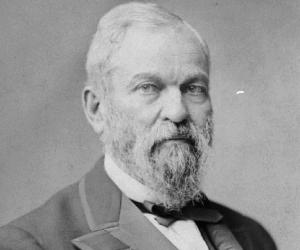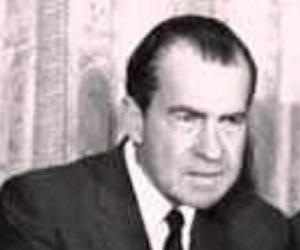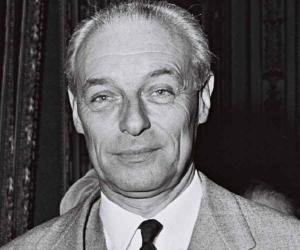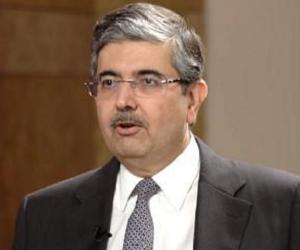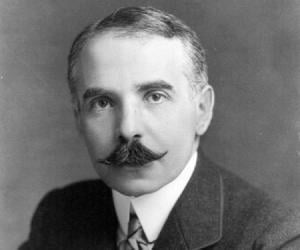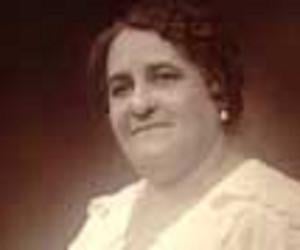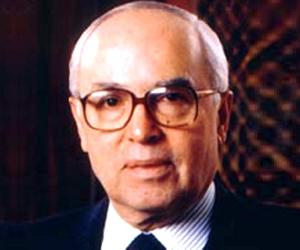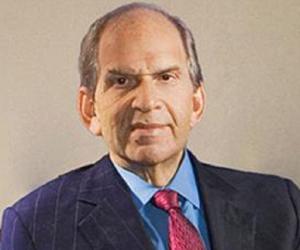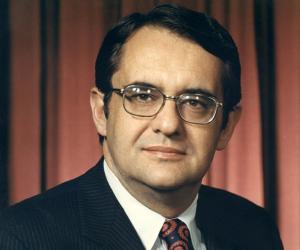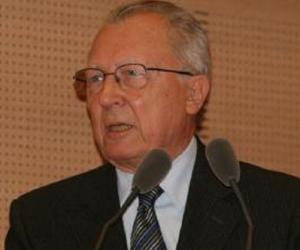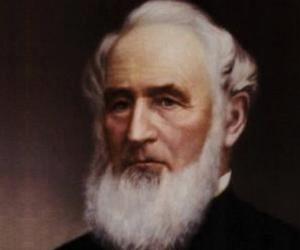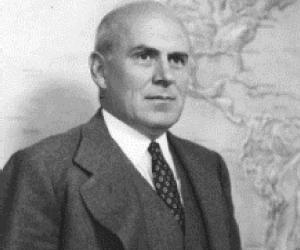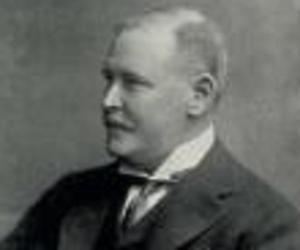Quick Facts
German Celebrities Born In February
Also Known As: Anschel
Died At Age: 68
Family:
Spouse/Ex-: Guttle Schnapper (m. 1770–1812)
father: Amschel Moses Rothschild
mother: Schönche Rothschild
children: Amschel Mayer von Rothschild, Babette Rothschild, Carl Mayer von Rothschild, Henriette Rothschild, Isabella Rothschild, James Mayer de Rothschild, Julie Rothschild, Nathan Mayer von Rothschild, Salomon Mayer von Rothschild, Schönche Jeannette Rothschild
Bankers German Men
Died on: September 19, 1812
place of death: Frankfurt
Childhood & Early Life
Mayer Amschel Rothschild was born on 23 February 1744 in Free Imperial City of Frankfurt, Holy Roman Empire. His parents were Amschel Moses Rothschild and Schonche Rothschild, and he was one of their eight children.
His father was a businessman and had a trading and currency exchange business. At the time of Mayer’s birth, his father was the personal supplier of coins to the Prince of Hesse.
The Rothschild family was traditionally from Europe. Their ancestry can be traced back to the 16th century.
Business Career
Mayer Rothschild stepped into the world of finance with the attainment of an apprenticeship under Jacob Wolf Oppenheimer, who was in charge of the banking firm belonging to Simon Wolf Oppenheimer in the city of Hannover in the year 1757.
Jacob, who was the Grandson of Simon Wolf, gave Mayer Rothschild vast knowledge of the banking system in general. Rothschild also received first class training in foreign trade and currency exchange. After his apprenticeship, Rothschild went back home to Frankfurt in 1763, and began to work with his brothers’ business.
Mayer started dealing in various sectors, most importantly rare coins, which ended up winning him the praise and patronage of Crown Prince Wilhelm of Hesse. Prince Wilhelm already held Mayer’s father in high regard and Mayer himself was awarded the title of ‘Court Factor’.
As the Rothschild family’s business continued to grow, Mayer became involved in several other princely courts too. When he was a young man, the French Revolution took place and Rothschild was made in charge of handling payments to Great Britain as they sought to hire mercenaries.
The beginning of the 19th century proved even more fruitful for the Rothschild family as they began to spread their businesses across Europe. Following Napoleon’s invasion of Hesse in 1806, the princely states were taken down from power, but Mayer Rothschild was given permission to continue his banking business, and he began investing heavily in London.
Personal Life
Mayer Amschel Rothschild married Guttle Schnapper in August 1770. She was the daughter of Wolf Salomon Schnapper. The couple had five sons and five daughters. He brought up each of his sons as heirs to his business, teaching them all the important tricks of the trade.
He married all his daughters to Jews who occupied high positions of power or importance. Furthermore, he instructed each one of his sons to replicate his success in Frankfurt in five different cities all across Europe. These cities were financial centers and the hubs of the world’s economy in the colonial world at the time. His sons set up banks and businesses in London, Naples, France, Austria, and Poland.
As the 19th century wore on, the Rothschild banking family became the most powerful and valuable one in Europe. They controlled the currency exchange to such a level that they could dictate the ebb and flow of wars and political confrontations all across Europe.
Mayer Rothschild died on 19 September 1812 in his birthplace of Frankfurt am Main. His body was buried in an old Jewish cemetery at Frankfurt, which was right next to the ghetto, the Judengasse.
His sons and grandsons carried on his legacy by expanding the family business from Europe to overseas. By the end of the 19th century, they had significant influence in the economies of America, England, Germany, Spain, France, Italy, and Austria, who were the leading colonial powers of the world at the time.
Facts About Mayer Amschel Rothschild
Mayer Amschel Rothschild was known for his exceptional ability to assess risks and make calculated financial decisions, which contributed to the success of his banking dynasty.
He had a keen interest in collecting rare coins and artifacts, showcasing his appreciation for history and culture.
Rothschild was a devoted family man, emphasizing the importance of unity and collaboration among his descendants to uphold the family legacy.
Despite his immense wealth, he maintained a humble lifestyle and was known for his philanthropic efforts, supporting various charitable causes.
Rothschild had a passion for education and believed in the power of knowledge, establishing scholarships and funding educational initiatives in the communities where his family operated.


